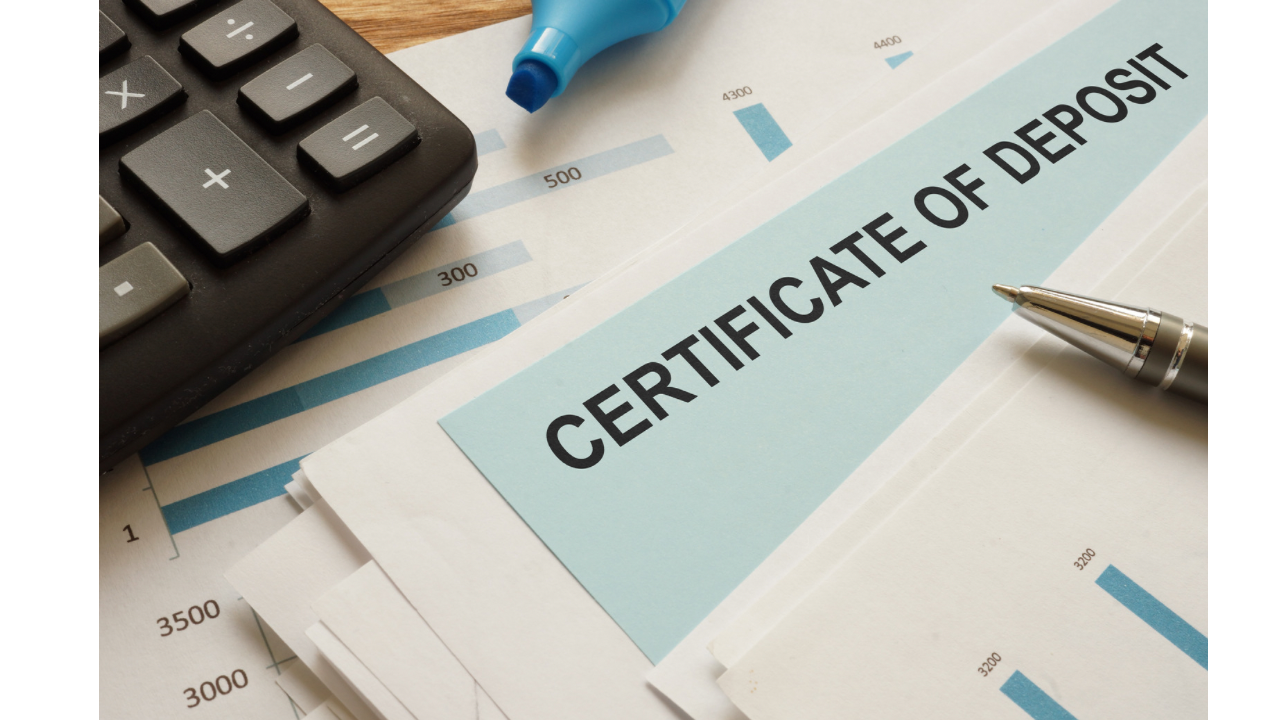Certificates of Deposit (CDs): Are They Worth It in 2024?
If you’re looking for a safe, low-risk investment that provides guaranteed returns, Certificates of Deposit (CDs) are worth considering. While interest rates on savings accounts are often low, CDs offer fixed rates and a predictable return, making them an attractive option for conservative investors or those looking to diversify their portfolio. But, as with any financial product, it’s important to understand how they work and whether they’re the right fit for your financial goals.
1. What is a Certificate of Deposit (CD)?
A Certificate of Deposit (CD) is a type of time deposit offered by banks and credit unions. You agree to deposit a certain amount of money for a specified period, ranging from a few months to several years. In return, the bank pays you interest on your deposit, typically at a higher rate than a regular savings account. When the term of the CD ends (called the "maturity date"), you can withdraw your original deposit plus the interest earned.
2. Why Choose a CD Over a Regular Savings Account?
CDs offer a number of benefits over traditional savings accounts, primarily the guaranteed fixed return. While savings accounts may offer variable interest rates that can change over time, a CD locks in your interest rate for the entire term. This can be especially advantageous if interest rates are expected to decrease.
In 2024, many banks are offering higher interest rates on CDs compared to standard savings accounts. The longer the term of the CD, the higher the interest rate tends to be, which can be a great opportunity if you're willing to lock your money away for a while. As of now, some banks are offering 5% to 5.5% APY on CDs with terms between 12 and 24 months.
3. Types of CDs to Consider
There are several types of CDs to choose from, each with its own advantages:
Traditional CDs: Fixed term and interest rate. The safest and most straightforward type of CD.
No-Penalty CDs: These allow you to withdraw your funds early without incurring a penalty. However, the interest rate may be slightly lower than traditional CDs.
Jumbo CDs: Designed for high-net-worth individuals, these CDs require a larger minimum deposit (usually $100,000 or more) but often offer higher interest rates.
Bump-Up CDs: These allow you to “bump up” your interest rate once during the term if rates rise. This gives you the flexibility to take advantage of future rate increases.
4. Risks of CDs: Early Withdrawal Penalties
While CDs are considered safe investments, they come with a major caveat: early withdrawal penalties. If you need to access your money before the maturity date, you’ll usually face a penalty. This penalty can eat into the interest you’ve earned—or even part of your principal.
Because of this, it’s important to make sure you won’t need the funds you’re putting into a CD before the term ends. If you’re looking for flexibility, you might want to consider a no-penalty CD or explore other investment options that offer easier access to your money.
5. Are CDs a Good Investment in 2024?
For investors who are looking for safety and guaranteed returns, CDs are still an excellent choice in 2024. If you're saving for a short-term goal and don’t need immediate access to the funds, locking your money into a CD with a decent interest rate can be a smart way to grow your savings.
However, for those looking for higher returns or more liquidity, you may want to balance your portfolio with other investments like stocks, bonds, or high-yield savings accounts. CDs are best for conservative savers and those who value the certainty of fixed returns.
